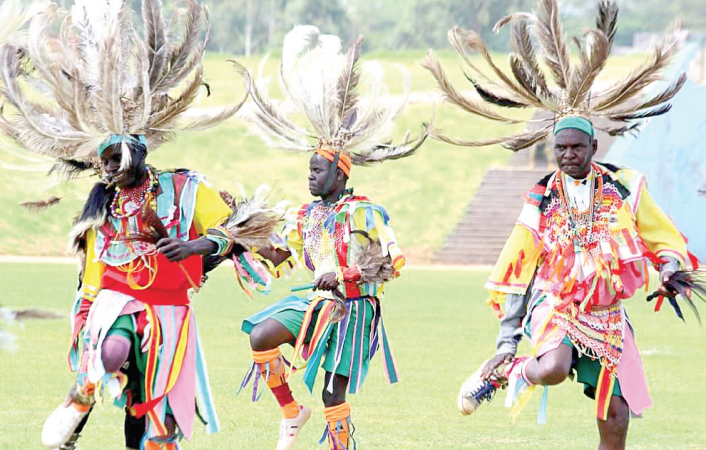Madaraka this year is a high adrenaline moment, savour it

This year marks exactly 102 years since Kenya became a British colony and 59 after it cast away that colonial yoke to embark on its journey of self-determination. On this day in 1963, Kenya attained what is known as “internal self-rule”, a milestone that signaled it was on the way to attaining full independence.
Once the country crossed this bridge, it only took six short months for it to become a republic and for its people to grasp their destiny in their own hands. Indeed, despite the post-colonial hang-up of three generations ago, Kenya has made major strides in taking responsibility for how its history has turned out.
When it became a republic, the Queen of England automatically ceased to be Kenya’s head of State although she ascended to that high position while on a holiday in Nyeri. Once that happened, Kenyans took control of government, and the pioneer leaders embarked on an Africanisation programme that put Kenyans in positions of power and authority in the State and its administration machinery.
In fact, the word “Madaraka” connotes “power” and “authority” or the ability for a person or nation to take control of their destiny. This is a journey that Kenya has taken since 1963, and as with all journeys, it has had its high and low moments.
One high was the introduction of multi-party politics in 1990 that culminated in the first presidential transition in 2002 when Mwai Kibaki took over from the then retiring President Daniel arap Moi. One of the lowest moments would come five years later, when Kenya found itself on the brink due to the dispute that characterised the outcome of that year’s presidential election. Again, the voice of reason prevailed and, just as had happened at independence, political leaders closed ranks and ensured that the country moved forward as one.
2013 marked another important transition when President Uhuru Kenyatta succeeded the then retiring President Mwai Kibaki, who had overseen a great deal of national transformation in the ten years he was at the helm.
This year’s Madaraka Day celebration is particularly poignant because it also coincides with a falling of the curtains on the ten years of the Jubilee administration under President Kenyatta, who borrowed greatly from his predecessor especially on expansion of infrastructure to open the country for growth and economic empowerment of the people. In a few months, we will witness another history hand-over of power and as the President indicated at the National Prayer Breakfast earlier in the week, he – like all of us – is looking forward to a peaceful transition.
Given that the history of this journey over the last ten years is still fresh in the minds of many, it is easy to presume that this last decade has been more tumultuous compared to the other five. Nothing, however, could be further from the truth. Every epoch in Kenya’s history has had its high adrenaline moments. This one is no different. Just because we are feeling the current one does not diminish the exhilarating and equally scaring moments that earlier generations experienced while playing their part in shaping Kenya’s history.
Indeed, the country is still going through the throes of self-discovery and the pains of coming into its own as a responsible citizen in the community of nations. The last decade has seen Kenya chalk up impressive credentials globally, including securing a seat as a non-permanent member of the United Nations Security Council. This has placed the country at the nexus of global geo-politics, adding heft to Kenya’s standing in the community of nations.
Granted, due to the impending elections, the national experiences today are as raw as a fresh wound. But they are not much different from experiences at the dawn of independence when the political leadership took the first baby steps at working together despite being a team of rivals. Then, like now, there were numerous political and ideological differences, but the leadership had the presence to surmount them. That pedigree is still innately Kenyan.
At independence, Kenya’s founding fathers made sacrifices to ensure Project Kenya was successfully birthed. Today, we owe them a debt of ensuring a smooth transition now that the President’s tenure is coming to end and a new government will take over once we go through the motions of the August General Election.
Nation-building is a journey. Never has it been a destination. This self-evident truth obtained when Kenya was one year old. It remains true now that it is turning 59.
Have a happy and fulfilling Madaraka Day.
Mbugua Ng’ang’a
Managing Editor, People Daily












